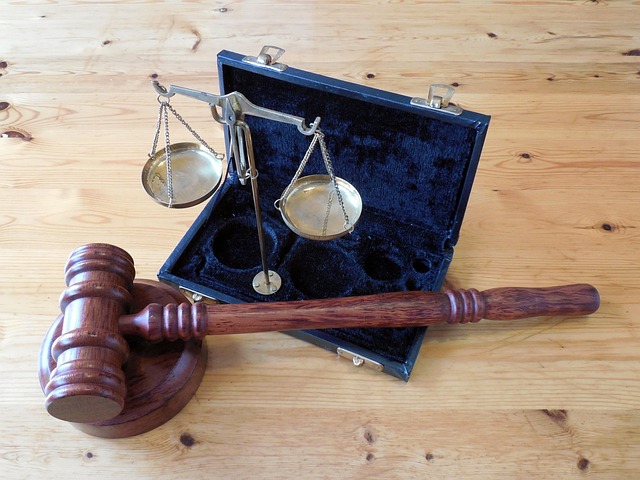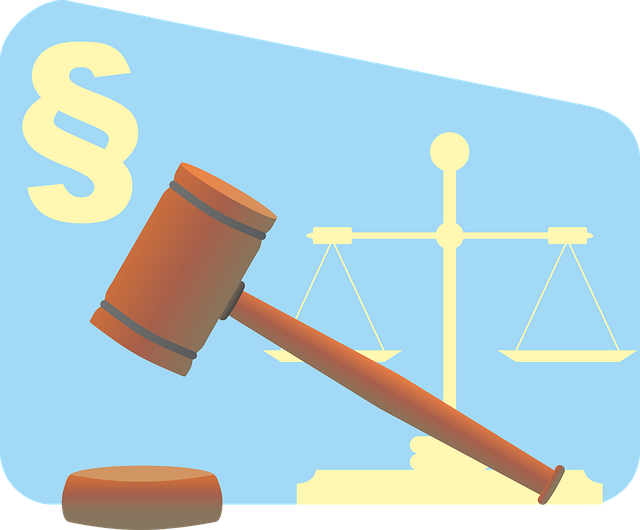Partnership disagreements, driven by financial discrepancies, strategic misalignments, communication gaps, and egos, can escalate into legal battles. Common causes include contractual breaches like non-performance, late payments, and exclusivity violations, as well as fiduciary and trust obligations being betrayed. Traditional litigation or criminal defense may be required, with complex cases impacting broader philanthropic and political spheres. Alternative Dispute Resolution (ADR) offers a more efficient, cost-effective route to resolution, focusing on collaboration and addressing root causes like communication breakdowns.
In the dynamic landscape of business partnerships, understanding potential litigation types is paramount. This article delves into the intricate world of legal disputes, focusing on common causes of partnership disagreements—from contractual disputes over contested words to breaches of trust and fiduciary obligations. By exploring these issues, we aim to equip readers with insights into navigating and resolving conflicts, highlighting alternative dispute resolution methods that can foster harmonious partnerships.
- Understanding Partnership Disagreements: Common Triggers
- Contractual Disputes: When Words Become Contested
- Breach of Trust and Fiduciary Obligations
- Resolving Litigation: Alternative Dispute Resolution Methods
Understanding Partnership Disagreements: Common Triggers

Partnership disagreements often arise from a variety of common causes that can strain even the strongest business alliances. Understanding these triggers is essential for businesses looking to avoid or resolve such conflicts efficiently. Financial discrepancies, for instance, are frequent sources of tension, where disparities in revenue distribution or investment returns can create resentment and mistrust among partners. Misaligned strategic decisions further complicate matters, as different visions for the company’s future direction can lead to significant disagreements.
Another frequent cause is lack of clear communication and defining roles within the partnership. When responsibilities are not explicitly outlined, conflicts over decision-making power and authority can escalate. Additionally, personal or professional egos can inflame these issues, making it challenging to find common ground. Legal disputes often arise from these fundamental disagreements, requiring robust white collar defense strategies in some cases, while general criminal defense may be relevant if illegal activities are involved. The ultimate goal is to achieve a complete dismissal of all charges through effective negotiation or legal representation.
Contractual Disputes: When Words Become Contested

Contractual disputes arise when parties involved in a business agreement fail to reach consensus on the terms or conditions set forth in their contract. These disagreements can stem from various factors, including misunderstandings, misinterpretations, or even intentional breaches of contract. The most common causes of partnership disagreements revolve around issues such as non-performance, late payments, and violations of exclusivity clauses. When words become contested, it often requires legal intervention to resolve the matter.
Many contractual disputes can be resolved through negotiation or mediation, where both parties work towards a mutually agreeable solution. However, when these efforts fail, a general criminal defense attorney may be involved to protect the rights and interests of his clients. In complex cases, especially those involving large sums of money or sensitive information, philanthropic and political communities may also find themselves affected by the outcome of such litigation, underscoring the significant impact of contractual disputes beyond individual partnerships.
Breach of Trust and Fiduciary Obligations

Breach of trust and fiduciary obligations are among the common causes of partnership disagreements, often leading to litigation. When individuals or entities enter into a business partnership, they establish a relationship based on trust and mutual respect. This involves fulfilling specific duties and responsibilities outlined in legal agreements. However, when one party fails to uphold these obligations, it can result in a breach of trust. This may occur due to dishonesty, fraud, or the misuse of sensitive information, leading to significant conflicts within the partnership.
Fiduciary obligations are a key aspect of this dynamic, especially for those involved in management roles or holding positions of power within the partnership. These obligations demand the highest level of integrity and loyalty, ensuring that decisions are made in the best interests of all parties involved. When there is a failure to meet these standards, it can create an uneven playing field, fostering an environment ripe for disputes. Such conflicts often require mediation or legal intervention to resolve, especially when the disagreement escalates and affects the financial stability and reputation of both corporate and individual clients across the country, as seen in many unprecedented track records.
Resolving Litigation: Alternative Dispute Resolution Methods

In many instances, resolving litigation through alternative dispute resolution (ADR) methods can be a more efficient and cost-effective solution compared to traditional jury trials, especially for high-stakes cases involving partnership disagreements. ADR offers a range of options such as mediation, arbitration, and negotiation, which encourage collaboration and mutual understanding between disputing parties. By using these techniques, it’s possible to address the underlying causes of partnership conflicts, like communication breakdowns or differing visions, without the need for lengthy court proceedings.
This approach has proven particularly beneficial for addressing common causes of partnership disagreements, where a neutral third party facilitates dialogue and guides negotiations. Unlike jury trials, ADR allows for more flexibility in tailoring processes to the specific needs of the parties involved. Furthermore, with an unprecedented track record of successful resolution rates, alternative dispute resolution methods are gaining recognition as viable alternatives that can lead to lasting peace agreements.
In navigating litigation types, understanding the common causes of partnership disagreements, such as contractual disputes and breaches of trust, is key. By recognizing these triggers, businesses can proactively manage risks and foster healthier working relationships. Alternative dispute resolution methods offer effective solutions, allowing parties to resolve conflicts efficiently without resorting to lengthy legal battles. Embracing these strategies ensures a more harmonious business landscape, where disputes are addressed constructively, promoting long-term partnerships and success.






